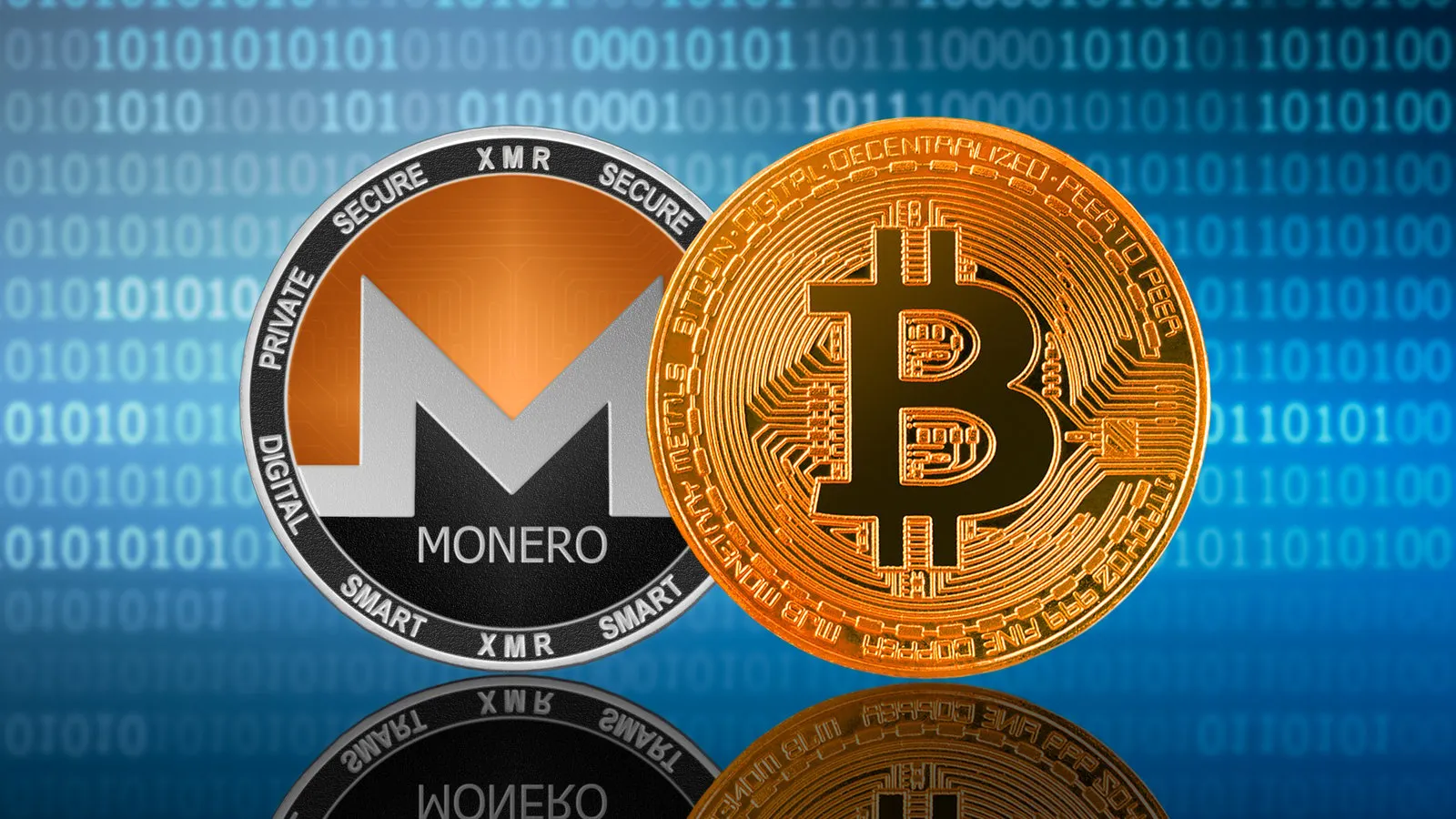Earlier this week, an article in Finnish publication MTV Uutiset claimed that Finland's National Bureau of Investigation (KRP) had succeeded in tracking transactions made using the privacy preserving cryptocurrency Monero.
However, it's unlikely that Monero itself has been compromised, a former member of the MAGIC Monero Fund committee told Decrypt. Csilla Brimer said that investigators were likely able to trace some transactions because of faulty operational security on the part of users, rather than Monero itself having been compromised.
"If you're not careful with your operational security and you keep switching between Bitcoin and Monero, you might leak some information," she told Decrypt. "Regulators might use this slip-up to claim they can track Monero."
Brimer, who's also a blockchain consultant and Open Economy Initiative co-founder, added: "Monero is very solid at guarding your transaction details, but it can't save you from slip-ups in your own security habits."
The KRP has been looking into transactions made by an address tied to the 2018 data breach and subsequent extortion of Finnish psychotherapy provider Vastaamo. In 2020, after having stolen data from the company twice, the hackers threatened to release patients' private information unless the company paid them. Investigators sent 0.1 BTC to the address provided and have since been analyzing how the wallet moved funds around with Bitcoin and Monero.
That's what prompted the KRP to claim that it's figured out how to trace XMR transactions, even if the organization doesn't want to get specific about how they've done it.
All sections of the additional investigation report where [NBI] discloses its methods have been encrypted, Marko Leposen, head of the investigation, told MTV Uutiset in a translated version of the article, adding that the agency doesn't want to reveal anything about its analysis of Monero traffic.
Brimer, who was elected to the MAGIC Monero Fund in 2022, seemed unbothered about the Finnish officials' claims. Despite having been banned by several exchanges, XMR is far and away the largest privacy coin with a $2.8 billion market cap. As of Friday morning, it was trading for $158.22 per coin—up 1% over the past 24 hours, according to CoinGecko data.
Even so, it's often been one of the main projects to draw heat for money laundering claims.
Bittrex, BitBay, and Huobi have all delisted Monero to appease regulators, who say they're trying to curtail money laundering. And in 2021, U.S.-based Kraken delisted Monero for its U.K. customers to comply with the country’s AML regulations. Now Monero is among several privacy coins at risk of being delisted from Binance, the largest crypto currency exchange by volume.
At the start of the year, Binance said in a blog post that Monero, Zcash, and other privacy coins "exhibit notably higher volatility and risks compared to other listed tokens," and are "at risk of no longer meeting our listing criteria."
Edited by Stephen Graves.

